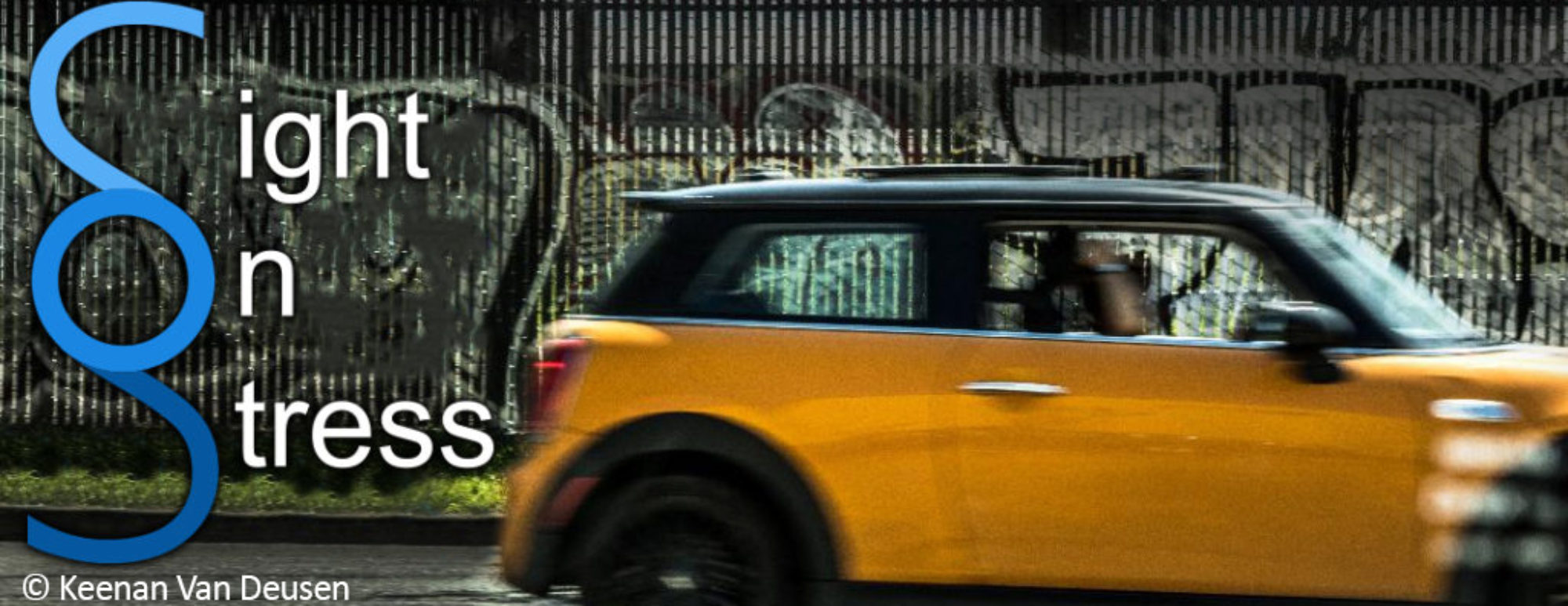
I was sitting in the living room at my computer one day, when my fourteen-year-old son, who sat two tables over, reading the news on his phone said, “Hey, Mom, do you know that by 2050 there won’t be any more fish in the oceans?” I don’t recall what political story I was already unsettled by that day (there are so many), but having had my fill of bleak news, I couldn’t seem to muster a reassuring response without being untruthful. I clumsily responded, “Don’t worry, honey,” to which he promptly replied, “I’m not worried, I’m just letting you know.”
Existential Anxiety: Future of the planet
If kids these days are worried about the future of their planet (which I believe deep down they are), it may not do them much good to hang out in Worryland. Worrying only feeds the beast of stress. Afterall, had he perseverated on the fact that the planet was dying, he could’ve gotten stuck in hopelessness or helplessness, resulting in stress-related states of anxiety or depression.
On the flip side, denial isn’t a healthy response either as it negates the fact that there is a glaring problem in the first place and puts you at risk for eventually being bull-dozed by said problem. So, what was my son’s intention when he so casually poked me with the news? He was taking note of a disturbing fact and alerting me to it. Why? Because I’m his mother and when kids are scared, they often turn to their parents for help.
Existential Anxiety: Connection
As adults, what is our responsibility to the Zgens, a generation of kids to whom we’ve left a petri dish of crap: mass shootings so prevalent that the majority of teens fear being shot at school, political divide so deep that families have splintered, tech-addiction so pervasive that rehab centers are popping up to treat it and global warming so dire that many scientists say it’s too late to save the planet?
We owe them sincere apology, for one. But, two, we owe them our time and attention. We owe them help, particularly, guidance on how to be resilient; that is, how to be creative, connected without being consumed, and determined despite discouragement. But how do we do this when many of us feel overwhelmed and harried ourselves?
Well, we start by putting down the device and literally looking these kids in the eyes. I broke my own rule that day as I unconsciously pushed away despair and blithely answered my son without removing my eyes from my computer for more than a second.
If we don’t stop and connect, eye to eye, how can we expect Zgens to be connected to themselves, let alone to what’s happening around them? As parents, teachers, coaches and mentors, we are their role models and have a responsibility to prioritize them over the daily barrage of email and text messages. Connection starts with honest, compassionate, eye-to-eye engagement.
Existential Anxiety: Release judgment
Next, we release judgment of them so they can live truthfully and unabashed. Teens these days have never been without the lure of social media which can hold them hostage to personas that camouflage their scars, their faults their fears and imperfections.
This readily available defense system, along with relentless reminders of all that’s going wrong in their world, can leave them stuck in a life of falsehood, pushing down feelings and avoiding themselves. We need to provide them with safe spaces in which to reveal their truths and with non-punitive repercussions when they go astray. Think compassionate boundaries, adults that listen and firmly guide instead of shame and impulsively punish.
Finally, we need to widen the lens and instill hope in them. If we only see what’s lost, we can easily get depressed and bury ourselves in work, worry or wine, furthering our stress. And, if this is how we cope, so will they. Yes, facing facts is essential to solving the problem, but so is thinking outside the box.
The latter increases awareness of what can work and what we will do. Without a bigger picture view and the spark of hope, Zgens could fall prey to resignation. Giving them hope activates agency—which is the energy to do something about a problem.
Conclusion
The next time my son nonchalantly states a chilling fact about our twenty-first century dilemmas, I will close the screen, look up, and say, “I have some thoughts about that. Do you?” After all, when we pause to listen and respond honestly, we intervene on our otherwise overwhelmed existence.
I recently had a friend ask, “When can we stop running around and start living?” She died eight months later. The time is now. The moment is each moment and the cure to our existential anxiety may very well be in our relationships with each other, particularly with our youth.
Dr. Van Deusen received her PhD in Clinical Psychology from the California School of Professional Psychology in Los Angeles in 1992. She has cultivated deep knowledge of attachment theory and stress and has worked with various populations over her two and a half decade career. Her practice is in Seattle, Washington. Buy her book Stressed in the U.S.: 12 Tools to Tackle Anxiety, Loneliness, Tech-Addiction and More here

